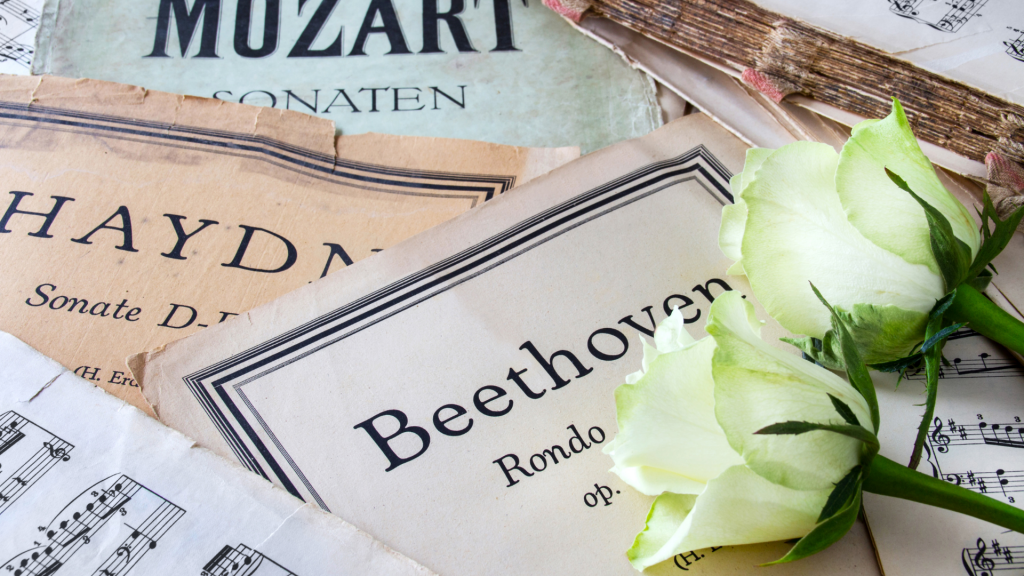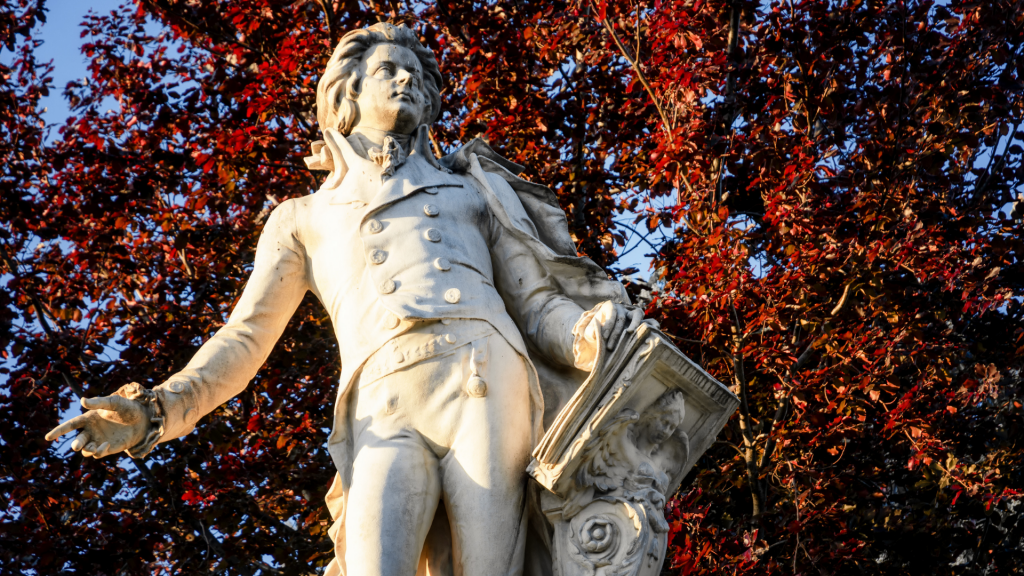Classical music is a broad term used to describe the music of the western art music tradition, including both “art music”, a broad term used to describe the music of the western art music tradition, including both classical music proper (e.g., symphonies, concertos, chamber music, etc.), and genres that are closely related to it by ideology, aesthetics, and performance (e.g., romantic, modern classical, neo-classical, etc.). It is a broad genre of music that originated in Europe during the Baroque period and is typically performed using orchestras and bands featuring string, brass, woodwind, and percussion instruments.
Today, classical music is often divided into “Western” and “Eastern” classical music, with the former referring to the music made by people of European descent, as well as folk and popular music from other parts of the world, and the latter referring to the music of Asian cultures, including music from China, Japan, Korea, Vietnam, Mongolia, and the Philippines.
Although we think of classical music as being the oldest type of music (and it is), the term itself is relatively new. To distinguish what we call “traditional” or “classical” music from popular music, the term was first used in 1852. It derives from the concept of “classis” – the Latin word for the social classes of the ancient Roman Empire.
The terms “classical music” and “serious music” are generally synonymous, although some use the former term more broadly than the latter. It can also be used to describe music that is associated with the religious sphere and which, in turn, gives it a sense of importance.
The Composers
The founding fathers of classical music are considered to be the great composers of the Baroque, Classical and Romantic eras. While there were earlier innovators of music, such as the Renaissance composer Josquin des Prez and the Medieval composers Guillaume Dufay and Pérotin, it is generally accepted that the Baroque era (1600–1750) started the classical music tradition.
While most of us are familiar with the great composers who are commonly taught in music school—Handel, Bach, Bartók, Mozart, Beethoven, Chopin, and the like—the majority of the field’s composers are less well-known. For example, Otto von Walsegg, John Blow, William Boyce, and Henry Purcell are some of the influential composers but are lesser-known to people.
Classical vs. Modern – which is better?
This might look like a debate about classical music versus modern music, but it is not. It is about a debate that is raging for decades, and for so long, it is almost impossible to say who is right and who is wrong. But we will not take a side in the debate, and we will try to keep an open mind and look at both sides to see what is going on.
Which is better? More sophisticated? More enjoyable? More important? But why? What makes classical music so special?
Some may disagree about it, but for many people, the answer is obvious: classical is better. More than just a taste for the classic, it’s a cultural choice.
It’s a well-known fact that classical music is more complex than modern music. The most complex classical music can get Johann Sebastian Bach and his musical “Fugues.” Fugues are musical pieces that are part of a larger composition, usually a larger musical piece. All fugues were thus far written are based on the same theme, and each iteration gets more and more complex and difficult and requires a great deal more skill to play than the previous iteration. However, the most complex modern music is that written by the band Radiohead.
The differences between classical music and modern music are some of the oldest arguments in the history of music. Some people say that it is all about the quality of the music and that modern music just doesn’t stack up to the classics. Others think that classical music is too simplistic for the modern world. Still, others think that the differences are more about the instrumentation and presentation.
Should you start listening to classical music?
Classical music has been proven to improve both mental and physical health, but can it improve your intelligence? A study from 2008 found that listening to classical pieces can help boost our problem-solving skills. A group of volunteers was given a set of puzzles to solve. When asked to solve the puzzles, some of the group were playing Mozart in the background. The group that listened to Mozart was consistently more successful at solving the puzzles than those who didn’t. But at the end of the day, it is still one’s preferences that matter.


